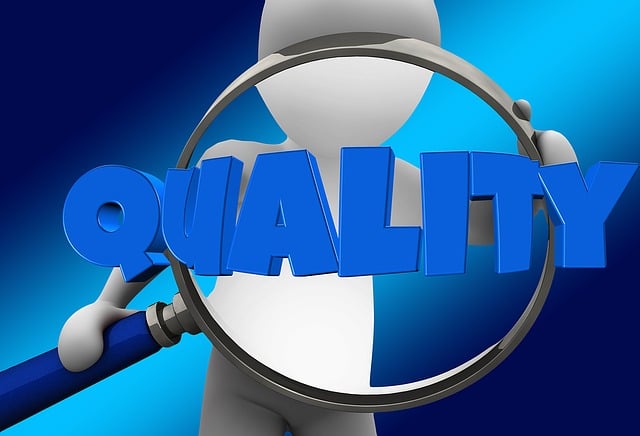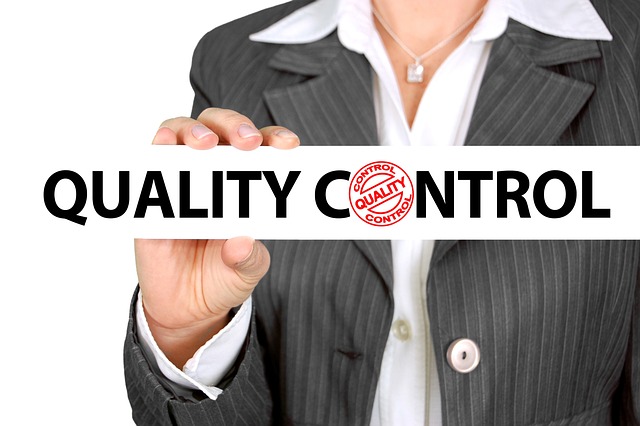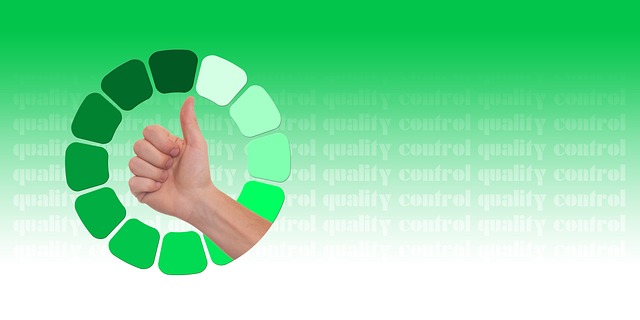Translation services for UK Quality Assurance (QA) documentation must be precise and accurate to maintain the integrity of original content when translated into other languages. Expert translators with specialized knowledge in medical, scientific, or engineering fields are required to handle the complexities of technical language, ensuring that regulatory compliance aspects like the Medical Devices Regulation (MDR) and Good Clinical Practice (GCP) are accurately communicated. These professionals must consider linguistic nuances and cultural contexts to convey complex information correctly, utilizing advanced translation technologies and methodologies. The quality assurance process involves rigorous reviews by subject matter experts to ensure that the translated documents reflect the original content's intent, tone, and technical details, while adhering to local regulations and upholding a consistent standard of quality, safety, and efficiency on a global scale. This approach, combining technology with human expertise, guarantees precise translations that facilitate understanding of QA processes and ensure compliance with legal and safety standards for UK companies operating internationally.
Navigating the complexities of Quality Assurance documentation translation requires a nuanced approach, especially within the UK’s diverse linguistic and regulatory landscape. This article delves into the precision and challenges inherent in translating UK QA documents for global markets, highlighting why top translation services are indispensable for ensuring accuracy. By exploring the intricacies of this specialized field, we aim to shed light on the critical role these services play in maintaining the integrity of QA documentation across different regions and languages.
- Understanding the Nuances of QA Documentation Translation within the UK Context
- The Importance of Precision in Translating UK QA Documents for Global Markets
- Key Challenges and Considerations in Translating QA Documentation for Quality Assurance Standards
- How Top Translation Services Ensure Accuracy in UK QA Documentation Translations
Understanding the Nuances of QA Documentation Translation within the UK Context

When it comes to translating UK Quality Assurance (QA) documentation, precision is paramount. The nuances inherent in QA terminology require a deep understanding of both the source and target languages, as well as the specific context within which these documents are used. Translation services specialising in UK QA documentation must navigate the complexities of industry-specific jargon, technical descriptions, and regulatory requirements. The intricacies of medical, scientific, or engineering language demand not just a word-for-word translation but a concept-for-concept equivalence to ensure that all information is accurately conveyed. This is where expert translators with a comprehensive grasp of both the source and target linguistic landscapes shine. They go beyond mere translation, providing a culturally adapted version of the original document that retains its integrity and intended meaning, all while adhering to stringent quality assurance processes themselves.
In the UK context, where compliance with legal standards such as the Medical Devices Regulation (MDR) or Good Clinical Practice (GCP) is mandatory, the role of reliable translation services for UK QA documentation becomes even more critical. These translations must be precise, consistent, and accurate to support regulatory submissions, clinical trials, and product releases. Translation professionals with a background in the relevant industry are best equipped to handle these tasks, ensuring that every technical detail is correctly interpreted and represented across different languages. This level of expertise not only facilitates smooth international operations but also safeguards the reputation and legal standing of UK-based organisations on the global stage.
The Importance of Precision in Translating UK QA Documents for Global Markets

When UK companies expand into global markets, the precision of translation services becomes paramount, especially for Quality Assurance (QA) documentation. The accuracy of these translations can determine the effectiveness of product safety, regulatory compliance, and overall consumer trust in international territories. Translation services for UK QA Documentation must navigate the nuances of language to convey technical information accurately. This includes not only direct linguistic equivalents but also the cultural context that governs how quality standards are perceived and interpreted in different regions. The precision of these translations is crucial as they often inform critical decision-making processes within manufacturing, healthcare, and other highly regulated industries.
In the realm of QA documentation, precision transcends mere word-for-word translation. It demands a deep understanding of both the source and target languages, as well as the specific context in which these documents are used. Professional translation services that specialize in UK QA Documentation are equipped with expert linguists who are often subject matter experts (SMEs) in the field of quality assurance. These professionals employ advanced technologies and methodologies to deliver translations that maintain the original document’s intent, tone, and meaning, thereby ensuring that the integrity of the information is preserved across borders. This level of precision not only supports compliance with local regulations but also fosters a uniform standard of quality, safety, and efficiency worldwide.
Key Challenges and Considerations in Translating QA Documentation for Quality Assurance Standards

When translating UK Quality Assurance (QA) documentation, precision and accuracy are paramount to maintain the integrity of the original content. The translation process for such documents involves overcoming distinct challenges that stem from linguistic nuances, regulatory requirements, and technical complexity. One key challenge is ensuring that the translated text adheres to the specific terminology required by UK QA standards, which may differ significantly from the source language. This necessitates a deep understanding of both the source and target languages, as well as the specialized vocabulary inherent in QA documentation.
Another significant consideration is the alignment with regulatory frameworks. UK QA documentation often needs to comply with regulations such as the Medical Device Regulation (MDR) or Good Clinical Practice (GCP), which dictate strict guidelines for translation. Ensuring that translations are not only linguistically correct but also compliant with these regulations is a critical aspect of the translation process. Moreover, translators must navigate the cultural context and idiomatic expressions unique to the UK, ensuring that the meaning remains clear and precise across different languages. To mitigate these challenges, professional translation services for UK Quality Assurance Documentation should employ expert translators with specialized knowledge in both QA processes and the regulatory environment, utilizing advanced translation technologies and a rigorous quality assurance review process. This approach ensures that the translated documents accurately reflect the original content’s intent and technical specifications, providing stakeholders with reliable and trustworthy information.
How Top Translation Services Ensure Accuracy in UK QA Documentation Translations

To maintain the highest standards of accuracy in translation services for UK Quality Assurance (QA) documentation, leading service providers implement a multi-faceted approach that leverages advanced technology and expert linguistic proficiency. These providers recognize that precision in QA documentation is paramount to ensure compliance with regulatory requirements and to maintain the integrity of the original content. Firstly, they utilize state-of-the-art translation memory software which stores previously translated segments to ensure consistency across documents. This software also aids in the alignment of terminology specific to the QA domain, which is crucial for maintaining technical accuracy.
Furthermore, a robust quality assurance process is embedded within the translation workflow. This involves meticulous reviews by subject matter experts (SMEs) who are well-versed in both the language and the context of UK QA documentation. These SMEs check for not only linguistic accuracy but also the appropriateness of technical terms, ensuring that the translated text adheres to industry standards. This process is complemented by the use of advanced software tools capable of detecting inconsistencies or errors in grammar, syntax, and terminology. By combining technological innovation with human expertise, these translation services for UK Quality Assurance documentation ensure that every nuance of the original text is conveyed accurately in the target language. This not only facilitates a seamless understanding of quality processes but also supports compliance with legal and safety standards.
In conclusion, the translation of UK Quality Assurance (QA) documentation demands an exceptional level of precision and cultural nuance. The stakes are high, as inaccuracies can lead to misinterpretations and compromise the integrity of products and processes on a global scale. Top translation services rise to this challenge by employing specialist linguists with expertise in QA terminology, coupled with robust quality assurance protocols. Their commitment to accuracy and attention to detail ensures that UK QA documentation is translated effectively, facilitating seamless communication across international borders. For organizations seeking impeccable translations of their QA documents, leveraging the services of professionals skilled in this niche is not just a smart choice—it’s an essential step towards global compliance and success.
